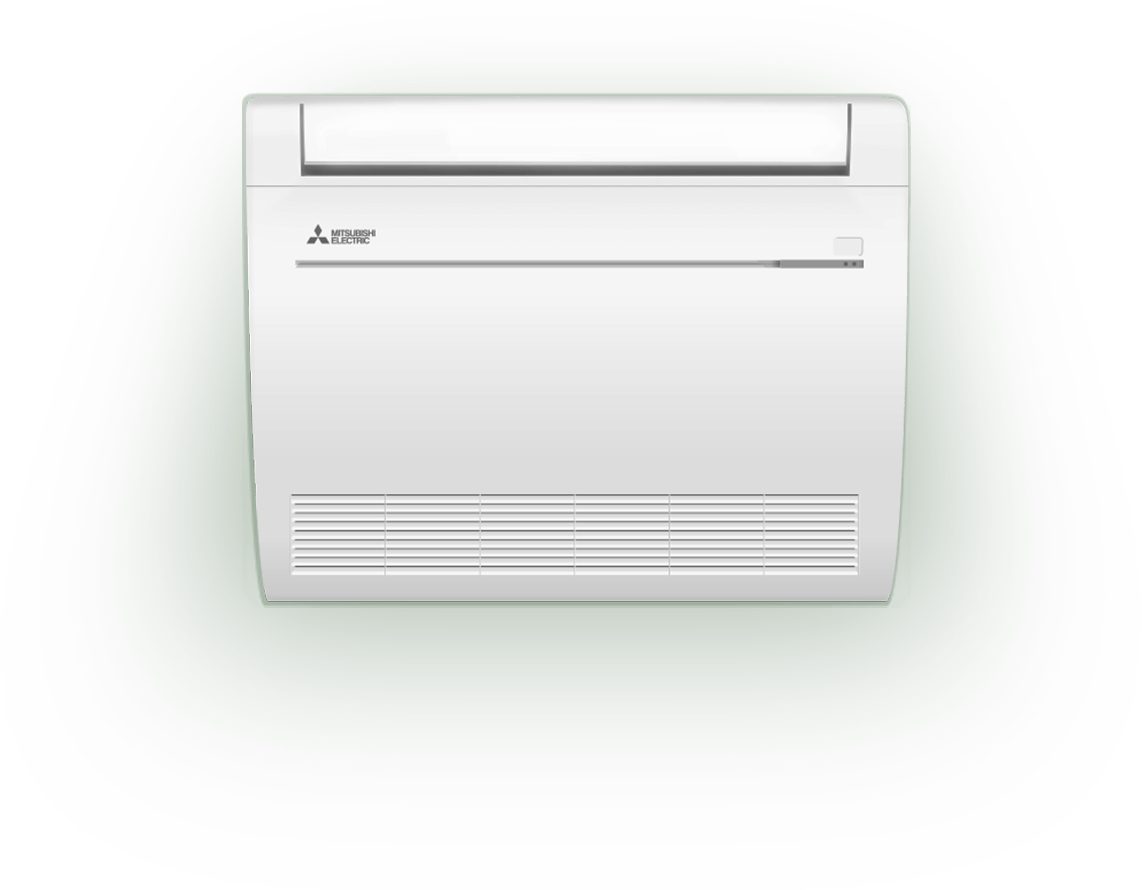Mitsubishi Heating
[/vc_column_text][/vc_column][/vc_row][vc_row full_width=”stretch_row” el_class=”scoop-15″ css=”.vc_custom_1632843127382{background-image: url(https://scoophvac.com/wp-content/uploads/2021/09/Fund-mitsubishi-heating-scaled.jpg?id=6928) !important;background-position: center !important;background-repeat: no-repeat !important;background-size: cover !important;}”][vc_column width=”1/3″][vc_column_text] ENERGY EFFICIENT
ENERGY EFFICIENT
INVERTER-driven compressor technology uses the minimum amount of energy needed to maintain ideal comfort.
[/vc_column_text][vc_raw_html]JTNDc3R5bGUlM0UlMEFkaXYuc2Nvb3AtMTUlN0IlMEElMjAlMjB3aWR0aCUzQSUyMDEwMCUyNSUzQiUwQSUyMCUyMGJveC1zaGFkb3clM0ElMjAwJTIwNHB4JTIwOHB4JTIwMCUyMHJnYmElMjgwJTJDJTIwMCUyQyUyMDAlMkMlMjAwLjIlMjklMkMlMjAwJTIwNnB4JTIwMjBweCUyMDAlMjByZ2JhJTI4MCUyQyUyMDAlMkMlMjAwJTJDJTIwMC4xOSUyOSUzQiUwQSUyMCUyMHRleHQtYWxpZ24lM0ElMjBjZW50ZXIlM0IlMEElN0QlMEElM0MlMkZzdHlsZSUzRQ==[/vc_raw_html][/vc_column][vc_column width=”1/3″][vc_column_text] WHISPER-QUIET OPERATION
WHISPER-QUIET OPERATION
Units operate as quietly as a restaurant conversation.
[/vc_column_text][vc_btn title=”Request Consultation” style=”gradient-custom” gradient_custom_color_1=”#d71e26″ gradient_custom_color_2=”#262260″ align=”center” i_align=”right” i_icon_fontawesome=”fas fa-phone” button_block=”true” add_icon=”true” link=”url:https%3A%2F%2Fscoophvac.com%2Fcontact-us%2F|target:_blank”][/vc_column][vc_column width=”1/3″][vc_column_text] DESIGNED TO SAVE SPACE
DESIGNED TO SAVE SPACE
With their narrow profile, these systems are well-suited for tight spaces.
[/vc_column_text][/vc_column][/vc_row][/vc_section][vc_section][vc_row][vc_column][vc_empty_space][/vc_column][/vc_row][vc_row][vc_column width=”1/3″][vc_cta h2=”OUTDOOR UNIT” h2_font_container=”font_size:25″ h2_google_fonts=”font_family:Open%20Sans%3A300%2C300italic%2Cregular%2Citalic%2C600%2C600italic%2C700%2C700italic%2C800%2C800italic|font_style:400%20regular%3A400%3Anormal” txt_align=”center” style=”flat” color=”white” add_button=”bottom” btn_title=”Schedule Free Quote” btn_style=”gradient-custom” btn_gradient_custom_color_1=”#d71e26″ btn_gradient_custom_color_2=”#262260″ btn_align=”center” btn_i_align=”right” btn_i_icon_fontawesome=”fas fa-arrow-right” use_custom_fonts_h2=”true” btn_button_block=”true” btn_add_icon=”true” el_class=”scoop-16″ btn_link=”url:https%3A%2F%2Fscoophvac.com%2Fschedule-an-appointment%2F|target:_blank”]SINGLE-ZONE COOLING AND HEATINGKeep a single room comfortable year round with an efficient single-zone cooling and heating solution.
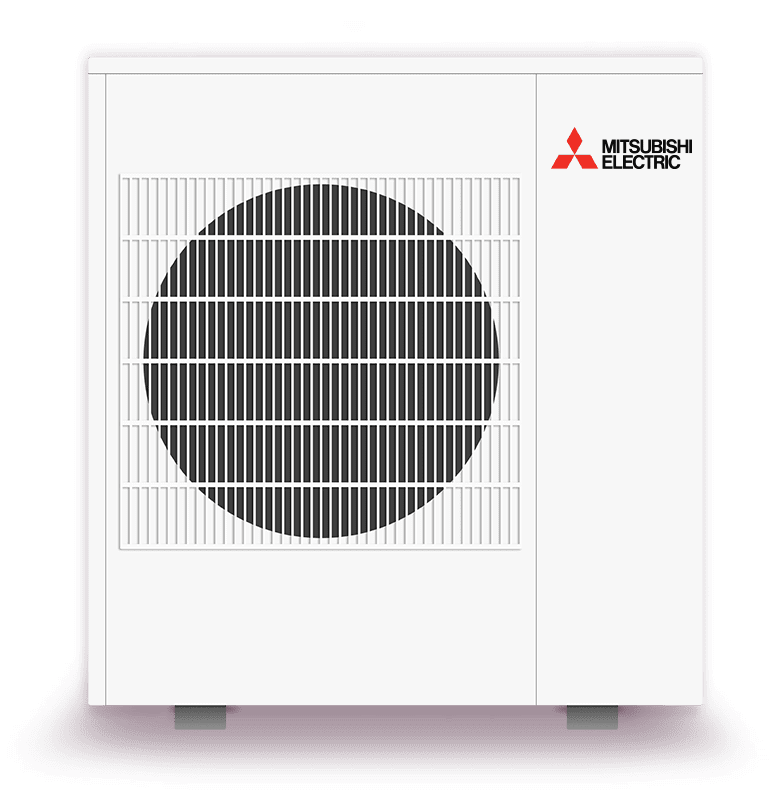 [/vc_cta][vc_cta h2=”FLOOR-MOUNTED” h2_font_container=”font_size:25″ h2_google_fonts=”font_family:Open%20Sans%3A300%2C300italic%2Cregular%2Citalic%2C600%2C600italic%2C700%2C700italic%2C800%2C800italic|font_style:400%20regular%3A400%3Anormal” txt_align=”center” style=”flat” color=”white” add_button=”bottom” btn_title=”Schedule Free Quote” btn_style=”gradient-custom” btn_gradient_custom_color_1=”#d71e26″ btn_gradient_custom_color_2=”#262260″ btn_align=”center” btn_i_align=”right” btn_i_icon_fontawesome=”fas fa-arrow-right” use_custom_fonts_h2=”true” btn_button_block=”true” btn_add_icon=”true” el_class=”scoop-16″ btn_link=”url:https%3A%2F%2Fscoophvac.com%2Fschedule-an-appointment%2F|target:_blank”]Multi-flow vanes allow for fast cooling and efficient operation.
[/vc_cta][vc_cta h2=”FLOOR-MOUNTED” h2_font_container=”font_size:25″ h2_google_fonts=”font_family:Open%20Sans%3A300%2C300italic%2Cregular%2Citalic%2C600%2C600italic%2C700%2C700italic%2C800%2C800italic|font_style:400%20regular%3A400%3Anormal” txt_align=”center” style=”flat” color=”white” add_button=”bottom” btn_title=”Schedule Free Quote” btn_style=”gradient-custom” btn_gradient_custom_color_1=”#d71e26″ btn_gradient_custom_color_2=”#262260″ btn_align=”center” btn_i_align=”right” btn_i_icon_fontawesome=”fas fa-arrow-right” use_custom_fonts_h2=”true” btn_button_block=”true” btn_add_icon=”true” el_class=”scoop-16″ btn_link=”url:https%3A%2F%2Fscoophvac.com%2Fschedule-an-appointment%2F|target:_blank”]Multi-flow vanes allow for fast cooling and efficient operation.
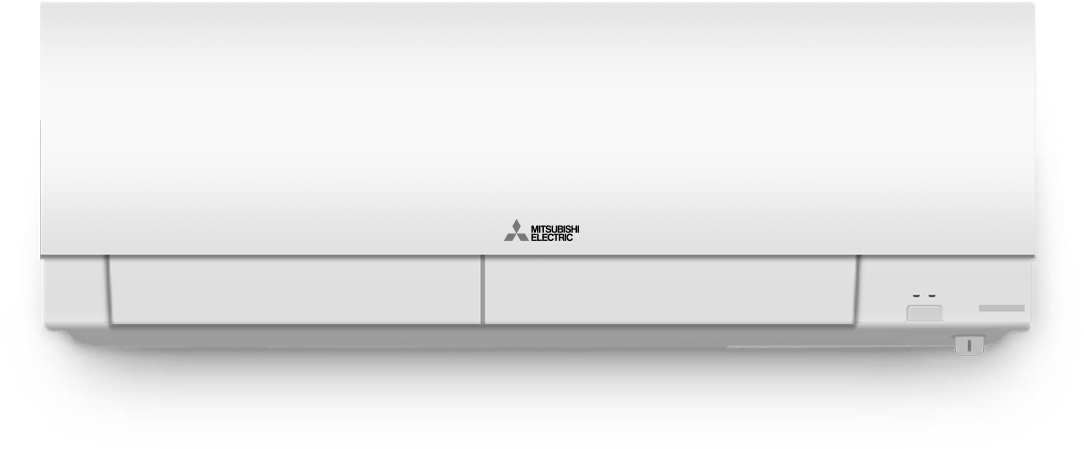
 [/vc_cta][vc_cta h2=”RECESSED CEILING CASSETTES AND CEILING SUSPENDED” h2_font_container=”font_size:25″ h2_google_fonts=”font_family:Open%20Sans%3A300%2C300italic%2Cregular%2Citalic%2C600%2C600italic%2C700%2C700italic%2C800%2C800italic|font_style:400%20regular%3A400%3Anormal” txt_align=”center” style=”flat” color=”white” add_button=”bottom” btn_title=”Schedule Free Quote” btn_style=”gradient-custom” btn_gradient_custom_color_1=”#d71e26″ btn_gradient_custom_color_2=”#262260″ btn_align=”center” btn_i_align=”right” btn_i_icon_fontawesome=”fas fa-arrow-right” use_custom_fonts_h2=”true” btn_button_block=”true” btn_add_icon=”true” el_class=”scoop-16″ btn_link=”url:https%3A%2F%2Fscoophvac.com%2Fschedule-an-appointment%2F|target:_blank”]Sleek and modern ceiling-mounted options include EZ FIT™ recessed ceiling-cassettes that fit between standard joists, 4-way recessed ceiling cassettes, and ceiling-suspended units.
[/vc_cta][vc_cta h2=”RECESSED CEILING CASSETTES AND CEILING SUSPENDED” h2_font_container=”font_size:25″ h2_google_fonts=”font_family:Open%20Sans%3A300%2C300italic%2Cregular%2Citalic%2C600%2C600italic%2C700%2C700italic%2C800%2C800italic|font_style:400%20regular%3A400%3Anormal” txt_align=”center” style=”flat” color=”white” add_button=”bottom” btn_title=”Schedule Free Quote” btn_style=”gradient-custom” btn_gradient_custom_color_1=”#d71e26″ btn_gradient_custom_color_2=”#262260″ btn_align=”center” btn_i_align=”right” btn_i_icon_fontawesome=”fas fa-arrow-right” use_custom_fonts_h2=”true” btn_button_block=”true” btn_add_icon=”true” el_class=”scoop-16″ btn_link=”url:https%3A%2F%2Fscoophvac.com%2Fschedule-an-appointment%2F|target:_blank”]Sleek and modern ceiling-mounted options include EZ FIT™ recessed ceiling-cassettes that fit between standard joists, 4-way recessed ceiling cassettes, and ceiling-suspended units.
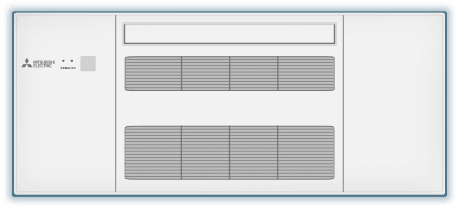
 [/vc_column_text][/vc_column][vc_column width=”1/3″][vc_cta h2=”HORIZONTAL-DUCTED” h2_font_container=”font_size:25″ h2_google_fonts=”font_family:Open%20Sans%3A300%2C300italic%2Cregular%2Citalic%2C600%2C600italic%2C700%2C700italic%2C800%2C800italic|font_style:400%20regular%3A400%3Anormal” txt_align=”center” style=”flat” color=”white” add_button=”bottom” btn_title=”Schedule Free Quote” btn_style=”gradient-custom” btn_gradient_custom_color_1=”#d71e26″ btn_gradient_custom_color_2=”#262260″ btn_align=”center” btn_i_align=”right” btn_i_icon_fontawesome=”fas fa-arrow-right” use_custom_fonts_h2=”true” btn_button_block=”true” btn_add_icon=”true” el_class=”scoop-16″ btn_link=”url:https%3A%2F%2Fscoophvac.com%2Fschedule-an-appointment%2F|target:_blank”]New home construction is the perfect opportunity to take advantage of the efficiency and unique design of Mitsubishi Electric Zoned Comfort Solutions®. Our horizontal-ducted units use less ductwork than traditional systems and can be hidden either above the ceiling or below the floor.
[/vc_column_text][/vc_column][vc_column width=”1/3″][vc_cta h2=”HORIZONTAL-DUCTED” h2_font_container=”font_size:25″ h2_google_fonts=”font_family:Open%20Sans%3A300%2C300italic%2Cregular%2Citalic%2C600%2C600italic%2C700%2C700italic%2C800%2C800italic|font_style:400%20regular%3A400%3Anormal” txt_align=”center” style=”flat” color=”white” add_button=”bottom” btn_title=”Schedule Free Quote” btn_style=”gradient-custom” btn_gradient_custom_color_1=”#d71e26″ btn_gradient_custom_color_2=”#262260″ btn_align=”center” btn_i_align=”right” btn_i_icon_fontawesome=”fas fa-arrow-right” use_custom_fonts_h2=”true” btn_button_block=”true” btn_add_icon=”true” el_class=”scoop-16″ btn_link=”url:https%3A%2F%2Fscoophvac.com%2Fschedule-an-appointment%2F|target:_blank”]New home construction is the perfect opportunity to take advantage of the efficiency and unique design of Mitsubishi Electric Zoned Comfort Solutions®. Our horizontal-ducted units use less ductwork than traditional systems and can be hidden either above the ceiling or below the floor.
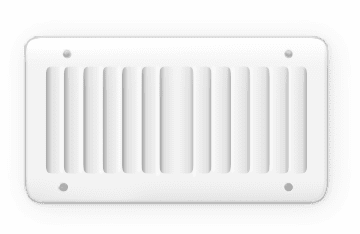

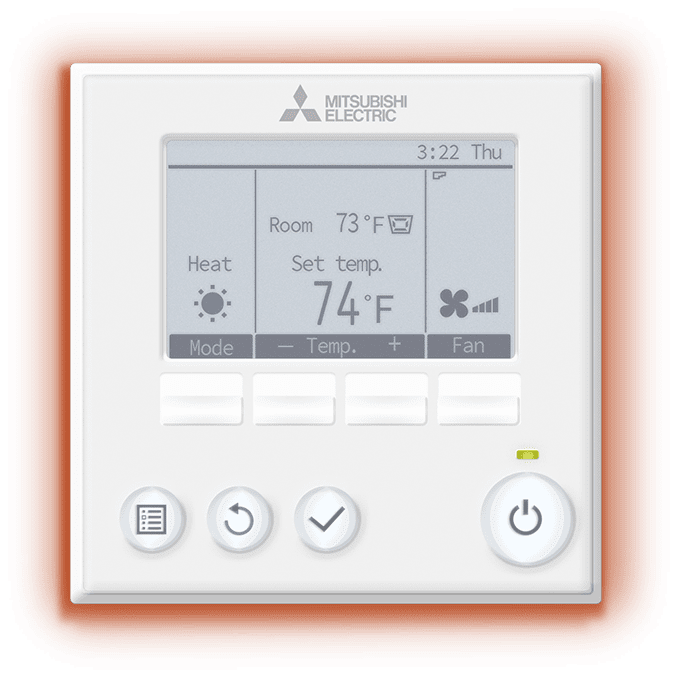
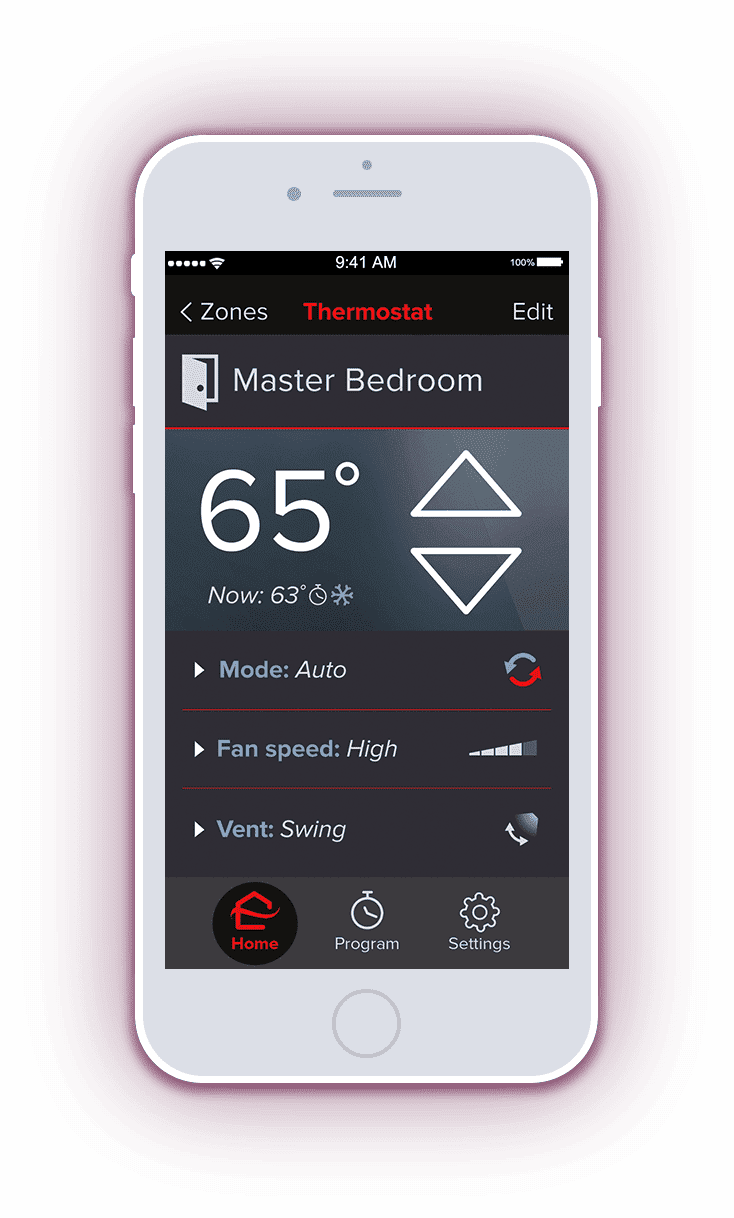
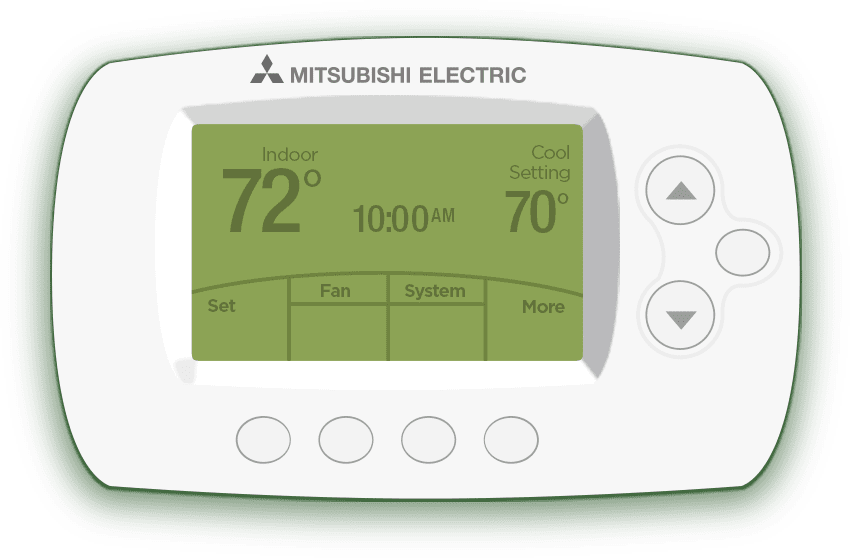
It’s more efficient (SEER Rating) while heating down to -13° F, and it’s also energy star rated. If you’re in a climate where extreme low temperatures are common, Mitsubishi’s FH hyper-heat technology is probably a good fit for you. There is also New York State rebates and special financing available.
The indoor unit uses refrigerant to cool or heat air and quietly pushes the chilled air it where you need it in your living space. Refrigerant and electrical lines connect the outdoor unit to the indoor unit through a 3″ opening in the exterior wall. It is 76% efficient to -13 which is far better than a traditional furnace. Air source heat pumps are also fossil free.
Like your refrigerator, heat pumps use electricity to move heat from a cool space to a warm space, making the cool space cooler and the warm space warmer. … Today’s heat pump can reduce your electricity use for heating by approximately 50% compared to electric resistance heating such as furnaces and baseboard heaters. 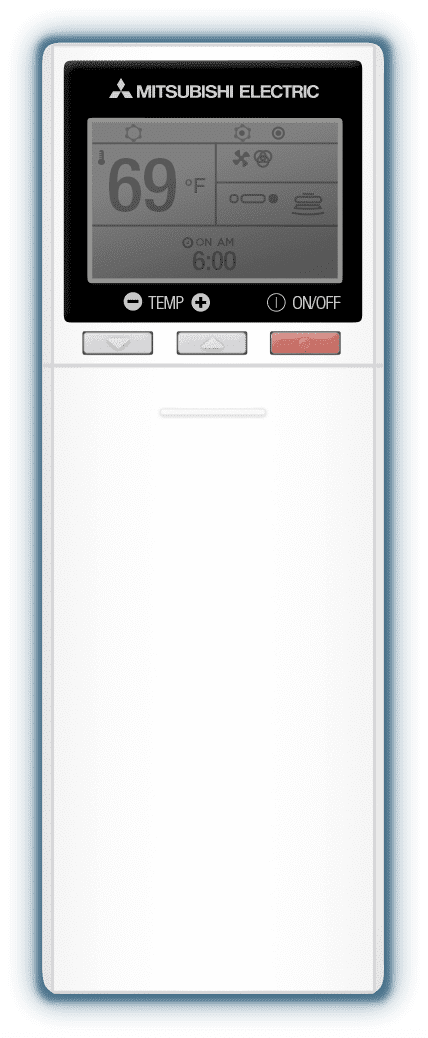
Is Mitsubishi hyper heat worth it?
How does Mitsubishi Electric Cooling and heating work?
Do heat pumps use a lot of electricity?
Tell Me About Mitsubishi Heating Products
Mitsubishi Electric is a leading manufacturer of heating products, including air source heat pumps, ductless mini split systems, and VRF systems. These products are known for their high efficiency, advanced technology, and innovative design.
- Air Source Heat Pumps: Mitsubishi Electric offers a range of air source heat pumps, including both wall-mounted and floor-mounted units. These heat pumps use the outdoor air as a source of energy and can provide comfortable heating and cooling for your home.
- Ductless Mini Split Systems: Mitsubishi Electric’s ductless mini split systems offer a flexible and efficient solution for heating and cooling your home. These systems use small, indoor units that are connected to an outdoor unit by a small conduit, making them ideal for homes with limited space for ductwork.
- VRF Systems: Mitsubishi Electric’s VRF (Variable Refrigerant Flow) systems are designed for commercial and large residential buildings. These systems use a single outdoor unit to provide heating and cooling to multiple indoor units, making them a highly efficient and cost-effective solution.
All of Mitsubishi Electric’s heating products are designed to provide high levels of comfort and energy efficiency, making them a popular choice for homeowners and building owners. Additionally, Mitsubishi Electric’s products are known for their innovative features, such as advanced zoning capabilities, which allow you to control the heating and cooling in different areas of your home or building independently.
If you’re considering a Mitsubishi heating product, it’s a good idea to consult with a professional HVAC contractor to determine which product is best suited to your needs and budget. The contractor can also help with the installation and maintenance of the product to ensure that it operates effectively and efficiently for many years to come.
Are Mitsubishi Heating Products Worth It?
Whether or not Mitsubishi heating products are worth it depends on several factors, including:
- Energy efficiency: Mitsubishi heating products are known for their high energy efficiency, which can help reduce your energy bills. If energy efficiency is a priority for you, a Mitsubishi heating product may be worth considering.
- Comfort: Mitsubishi heating products are designed to provide high levels of comfort, with advanced features like zoning capabilities and temperature control. If comfort is important to you, a Mitsubishi heating product may be worth considering.
- Cost: The cost of a Mitsubishi heating product will vary depending on the specific product and the installation costs. While Mitsubishi heating products can be more expensive than traditional heating systems, they are often more energy-efficient, which can help offset the initial cost over time.
- Climate: The performance of a Mitsubishi heating product may vary depending on the climate.The performance of a Mitsubishi cold climate heat pump in cold climates can be affected by several factors, including the specific model and the temperature of the outdoor air. In general, cold climate heat pumps are designed to provide heating and cooling in environments where temperatures can fall to -13 degrees. However, the efficiency of the heat pump may decrease a bit as temperatures become colder, and it may be necessary to use a secondary heating source, such as electric resistance heating, to supplement the heat pump in extremely cold temperatures.It’s important to note that the performance of a cold climate heat pump will depend on the specific model and its features, as well as the installation and maintenance of the system. A professional HVAC contractor can help you determine if a cold climate heat pump is suitable for your climate and recommend a specific model based on your specific needs and requirements.
- Maintenance and reliability: Mitsubishi heating products are known for their low maintenance requirements and high levels of reliability. If you’re looking for a heating system that requires little maintenance and provides long-lasting performance, a Mitsubishi heating product may be worth considering.
Ultimately, the decision of whether or not a Mitsubishi heating product is worth it will depend on your individual needs and priorities. Consulting with a professional HVAC contractor can help you determine if a Mitsubishi heating product is the right choice for you.
[/vc_column_text][/vc_column][/vc_row][vc_row][vc_column width=”1/3″][vc_btn title=”Get a Quote” color=”green” size=”lg” align=”center” link=”url:https%3A%2F%2Fscoophvac.com%2Fcustomer-requests%2F|target:_blank”][/vc_column][vc_column width=”1/3″][vc_btn title=”Schedule a Repair” color=”green” size=”lg” align=”center” link=”url:https%3A%2F%2Fscoophvac.com%2Fcustomer-requests%2F|target:_blank”][/vc_column][vc_column width=”1/3″][vc_btn title=”Schedule Maintenance” color=”green” size=”lg” align=”center” link=”url:https%3A%2F%2Fscoophvac.com%2Fcustomer-requests%2F|target:_blank”][/vc_column][/vc_row][vc_row][vc_column][vc_column_text]
Mitsubishi Heat Pump Technology: The Future of Energy Efficiency
Introduction
Mitsubishi Electric, a globally recognized brand for its commitment to technologically advanced products, has consistently led the charge in heating and cooling solutions. The company’s latest advances in heat pump technology offer a glimpse into the future of energy-efficient climate control. Here, we explore the latest developments in Mitsubishi heat pump technology as of 2023.
Enhanced Inverter Technology
Inverter-driven Compressors
Inverter technology has been a critical component of Mitsubishi heat pumps for years. These systems continuously adjust compressor speed to precisely meet the heating or cooling demands of a space. This technology enables heat pumps to deliver comfortable indoor temperatures with exceptional energy efficiency.
Improved Inverter Efficiency
Mitsubishi has continually improved its inverter technology over the years. The latest models offer increased efficiency and performance, even at extreme temperatures. This means you can rely on your Mitsubishi heat pump to keep your home comfortable even during the coldest winters or hottest summers, while still minimizing your energy use.
Hyper-Heating H2i® Technology
Mitsubishi’s Hyper-Heating INVERTER (H2i) technology has been a game-changer in the realm of heat pumps. This technology allows Mitsubishi heat pumps to provide 100% heating capacity even in severely cold conditions, down to -13 degrees Fahrenheit. H2i technology continues to advance, with the latest models improving efficiency and performance in cold climates, redefining what heat pumps can do.
Zone Control
Advanced Zoning Capabilities
One of the most notable advancements in Mitsubishi heat pump technology is the development of sophisticated zoning capabilities. Mitsubishi’s Multi-Zone Systems can control the climate in up to eight different zones within a building. This means you can set different temperatures in different rooms, leading to increased comfort and energy savings.
Smart Controls
With Mitsubishi’s kumo cloud® app, users can control each zone from anywhere using a smartphone, tablet, or online account. Recent advancements have improved the app’s functionality and user interface, making it easier to manage your home’s climate.
Eco-Friendly Solutions
In line with global sustainability efforts, Mitsubishi has been committed to reducing the environmental impact of its heat pumps. The company’s use of R32 refrigerant in its latest models is a significant step forward. R32 has a lower Global Warming Potential (GWP) than traditional refrigerants and is easier to recycle, making Mitsubishi heat pumps more eco-friendly than ever.
The Future of Mitsubishi Heat Pumps
Mitsubishi Electric continues to push the boundaries of what’s possible in heat pump technology. With advancements in inverter technology, Hyper-Heating H2i® technology, zone control, and eco-friendly solutions, Mitsubishi heat pumps offer increased comfort, energy efficiency, and sustainability. As Mitsubishi continues to innovate, we can expect to see further advancements that redefine our expectations for heating and cooling systems.[/vc_column_text][/vc_column][/vc_row][vc_row][vc_column width=”1/3″][vc_btn title=”Get a Quote” color=”green” size=”lg” align=”center” link=”url:https%3A%2F%2Fscoophvac.com%2Fcustomer-requests%2F|target:_blank”][/vc_column][vc_column width=”1/3″][vc_btn title=”Schedule a Repair” color=”green” size=”lg” align=”center” link=”url:https%3A%2F%2Fscoophvac.com%2Fcustomer-requests%2F|target:_blank”][/vc_column][vc_column width=”1/3″][vc_btn title=”Schedule Maintenance” color=”green” size=”lg” align=”center” link=”url:https%3A%2F%2Fscoophvac.com%2Fcustomer-requests%2F|target:_blank”][/vc_column][/vc_row]

